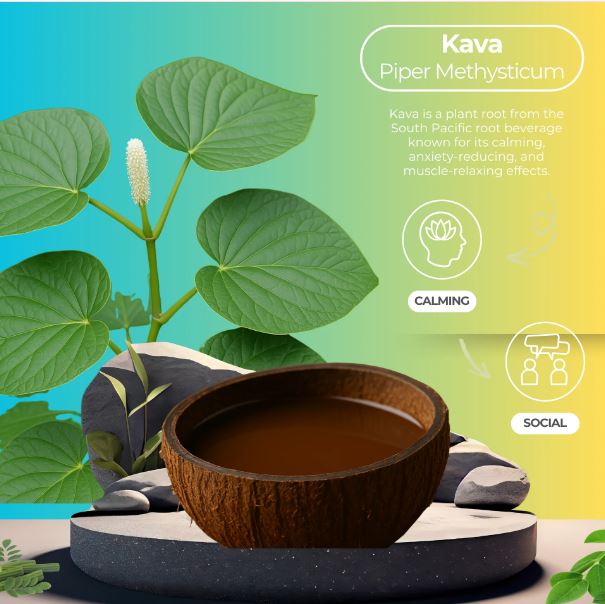
Healing Herbals
Brewer Series Unicorn Piss Kava 2x Strength
Brewer Series Unicorn Piss Kava 2x Strength
Couldn't load pickup availability
Unicorn Piss Kava 2x Strength Sparkling Drink – 12oz Can
Rainbow Sherbet and Raspberry Mood-Enhancing Elixir
Step into a realm where flavor meets folklore with Unicorn Piss, our most whimsical and dazzling creation yet. This sparkling kava elixir marries the serene essence of the South Pacific’s revered kava root with a vibrant rainbow sherbet and ripe raspberry medley, creating a taste experience as unforgettable as its name. Each effervescent sip is a swirl of tropical calm and playful sweetness—like catching sunshine after a storm.
The Story Behind Kava
For centuries, kava (Piper methysticum) has been the heart of South Pacific tradition. Islanders from Fiji, Vanuatu, and Tonga have gathered to share this earthy root drink during important ceremonies, social bonding, and moments of reflection. Traditionally prepared by grinding the root and mixing it with water, kava was—and still is—a symbol of friendship, unity, and grounding energy. Today, kava has made its way into modern life as a naturally soothing, plant-based beverage for moments of unwinding and connection.
Why Unicorn Piss Kava Strength is Pure Magic?
-
Sparkling South Pacific Calm – Premium kava for naturally uplifting and serene vibes.
-
Rainbow Sherbet and Raspberry Bliss – A bright, juicy, and tangy flavor explosion.
-
Clean and Conscious – Gluten-free, plant-based, low-calorie, and made with all-natural ingredients.
- Portable Relaxation – Your moment of zen, ready to go—no mixing, no mess.
Frequently Asked Questions About Kava
1. What is kava?
Kava is a root from the South Pacific, traditionally prepared as a beverage for relaxation, social connection, and cultural ceremonies. It contains compounds called kavalactones, which are responsible for its calming properties.
2. How does kava taste?
Traditional kava has an earthy, slightly bitter flavor. In Unicorn Piss, we blend it with rainbow sherbet and raspberry to create a refreshing, fruity, and fizzy twist that’s far from traditional but still rooted in authenticity.
3. Does kava make you feel “high”?
No—kava doesn’t cause intoxication like alcohol or psychedelics. Instead, many people describe it as offering a calm, centered, and socially relaxed feeling.
4. Is it safe to drink kava?
Kava has been consumed for centuries, but as with any herbal product, it’s best enjoyed in moderation. If you have liver issues, are pregnant, or take medications, consult a healthcare professional before use.
5. Can I drink kava and alcohol together?
It’s generally advised not to mix kava and alcohol, as both can affect the liver and may increase drowsiness.
6. How long until I feel the effects?
Some people notice kava’s effects within 15–30 minutes, while others may take a bit longer, depending on their body and tolerance.
7. Is kava legal?
Yes, in most places, kava is legal and widely available. However, regulations may vary, so check your local laws.
Share





Here at Healing Herbals Store
We carefully select suppliers who share our commitment to environmental stewardship and minimize waste through eco-conscious or reused packaging whenever possible. We prioritize supporting fair labor practices and are currently investing in regenerative farming methods, so every product reflects our dedication to both quality and the health of our planet. Shop now!




